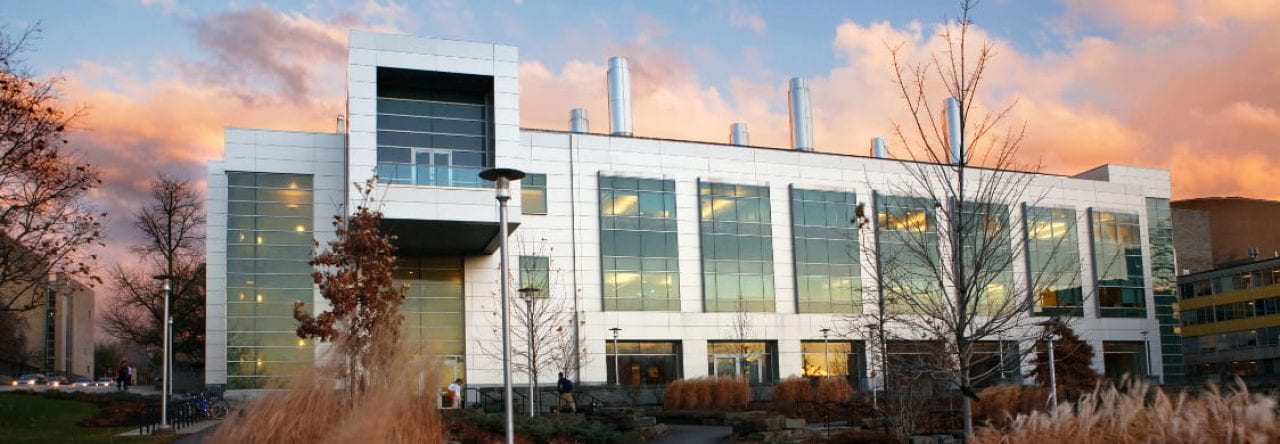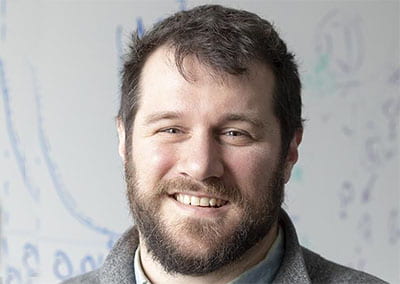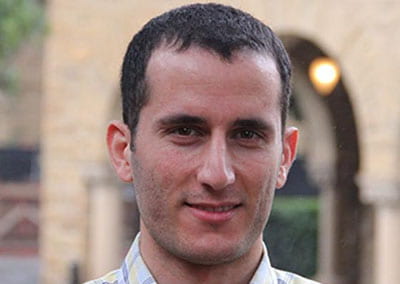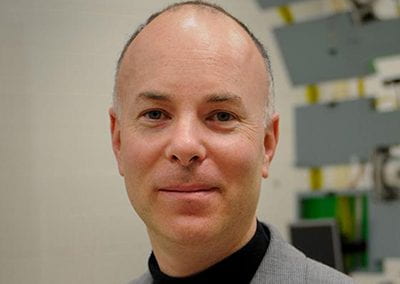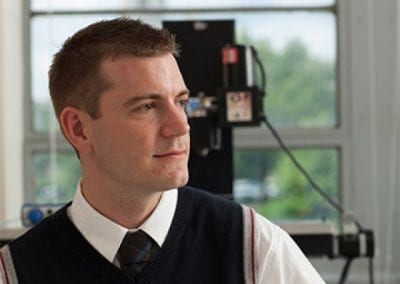Undergraduate Degree Program for the Sibley School Mechanical and Aerospace Engineering
Do your interests lie in the areas of aircraft and space vehicles, diesel engines, the mechanics and control of musculoskeletal systems, or solar and other renewable energy conversion devices? If you understand the essential need for discovering and applying new knowledge and developing new tools for the practice of engineering, then the B.S. degree in mechanical engineering at Cornell may be right for you.
Two Major Streams of Mechanical Engineering:
- Mechanical systems (structural analysis, dynamics, and control), and Materials Processing are concerned with the design, analysis, testing, and manufacture of machinery, vehicles, devices, and systems. Particular areas of concentration are mechanical systems, vehicle engineering, biomechanics, and materials processing and precision engineering. Other topics covered are computer aided design, vibrations and control systems, and dynamics.
- Fluids, energy, and heat-transfer systems are concerned with the experimental and theoretical aspects of fluid flow and heat transfer; the sciences of thermodynamics and combustion; and the analysis and design of related systems. Specific areas of concentration include fluids/aerospace engineering; thermal systems engineering; and vehicle engineering.
The undergraduate major program is a coordinated sequence of general courses you begin in your second year. You are then well equipped to take upper-level electives in aerospace engineering, biomechanics, energy and the environment, engineering materials, mechanical systems and design, thermo-fluids engineering, or vehicle engineering. You may also participate in an independent project either within a student project team or in conjunction with a faculty member.
Mechanical and Aerospace Engineering (MAE) faculty members are experts in aerospace, biomechanical, and thermal systems engineering, as well as fluid mechanics, mechanics of materials, and robotics. They contribute their wealth of knowledge and expertise to students who can choose from a variety of exciting research and design projects, such as:
- designing robotics for planetary exploration, disaster relief, and environmental monitoring
- designing and building a Baja car (an off-road race car), an unmanned vehicle capable of long-duration flight, or a race car
- designing a miniature mechanism with flapping wings (a miniornithopter)
- designing a system for effective growth of artificial cartilage tissue
- designing a walking robot that can set a new world distance record
- designing software for multi-material 3D printing
- designing, building, launching, and operating a highly maneuverable, 50K nanosatellite
- exploring new machine learning algorithms to control a robot constructed of struts and cables
- designing a wind farm layout using two-year wind data and redesigning wind turbine blades
- developing artificial intelligence in computer-aided design
- modeling the impact of clean diesel technologies on air quality
- studying how vibrating bodies in the wind may yield a source of energy
- developing methods to determine the strength of musculoskeletal tissues
- investigating aircraft wing tip vortex wakes
- designing evolutionary computation to model and forecast earthquakes
- designing a system to track the dispersion of particulates emitted by vehicles
- designing and wind-tunnel testing a body for a race car
Master of Engineering Degree Program
The Master of Engineering (M.Eng.) degree program in mechanical engineering, aerospace engineering, or engineering mechanics is a one-year professional course of study that allows students to develop a high level of competence in engineering science, current technology, and engineering design. It is interdisciplinary in nature and allows flexibility in tailoring a program to fit individual needs and interests. Typical M.Eng. graduates enter the work force with greater opportunities and at significantly higher salaries than those entering with a B.S. degree, and many are offered earlier chances of advancement. Although the majority of M.Eng. students start the program immediately following the completion of their B.S. degrees, some are industrial employees who have enrolled through their companies’ continuing education programs.
Toyota Material Handling, Cornell Engineering Announce Partnership on Innovative Forklift Learning Studio
Toyota Material Handling (TMH) and Cornell University’s College of Engineering have announced a unique partnership dedicated to the development of an innovative learning studio that incorporates Toyota equipment to elevate immersive engineering education to an entirely new level.
Some Areas of Faculty Research
- civil engineering materials
- contaminant transport, behavior and treatment
- engineering management
- geotechnical engineering
- remote sensing
- structural engineering
- structural mechanics
- transportation engineering and planning
- transportation systems
Mechanical Engineering by the Numbers
Number of Mechanical Engineering undergraduate students: 337
Starting salaries of B.S. Mechanical Engineering graduates (for 2021):
- Median salary: $78,000
- High salary: $120,000
Post-graduate plans for mechanical engineers at the time of graduation (2021):
- Employed 32%
- Attending Graduate School 63%
- Seeking Employment 4%
- Seeking Acceptance to Graduate School 1%



